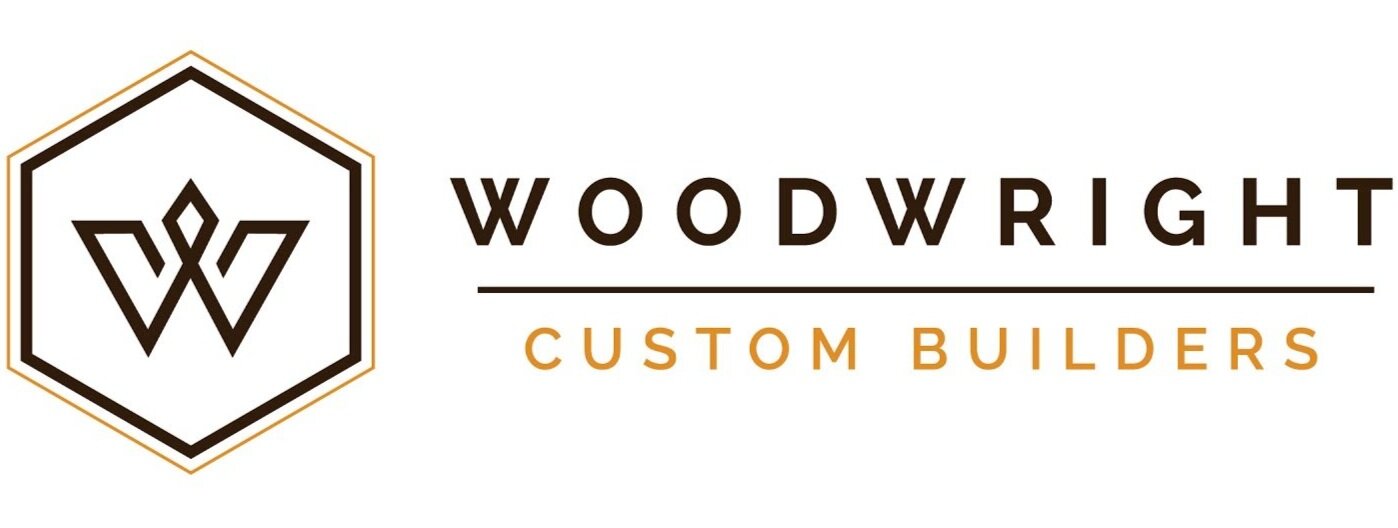Cost-Plus vs Fixed-Price Contracts: Is One Better?
"In business, words are words; explanations are explanations, promises are promises, but only performance is reality." – Harold S. Geneen
In residential construction, the debate between cost-plus and fixed-cost contracts has been ongoing and can be polarizing. In our experience, there is no inherently superior contract type as long as the terms are mutually agreed upon and all parties are protected. Both types of contracts have their advantages and flaws when it comes to creating the ideal builder-client experience. While we prefer the flexibility and openness of cost-plus contracts, the choice ultimately depends on what works best for the project and the relationship between the builder and the client.
Transparency. The Main Difference
From our perspective, the key difference between a fixed-cost and a cost-plus contract is the level of transparency regarding project costs. In a cost-plus contract, clients enjoy greater transparency and share the risk with the builder. Conversely, in a fixed-cost contract, the risk shifts more to the builder, and the client has less visibility into the detailed costs.
Is greater transparency always the best choice? Not necessarily. While transparency is our preference, and we believe our clients value it as well, the best type of contract depends on the specific needs and comfort levels of all parties involved.
Fixed Cost vs. Cost-Plus, The Great Debate
A fixed cost model is like ordering fast food: you tell us what you want, and we provide a set price. The scope is fixed, and the materials are used exactly as described. This price includes the builder’s profit and a built-in contingency. However, if the costs exceed that contingency, the builder’s profit margin shrinks. This model often prioritizes speed and cost-cutting, which can sometimes compromise quality and customer service.
In contrast, a cost-plus model offers a more collaborative and transparent approach to the building process. Since plans and designs are often still in the schematic stage when we begin, this approach allows us to work closely with our clients and designers to create the exact project they envision. Instead of pricing and building based on assumptions, we build the project you truly want.
What is Cost-plus Pricing
In a cost-plus contract, clients are charged a percentage markup on top of all materials and services (labor and trade partners) that flow through the company for a specific construction project. In easier terms, this means: for every dollar spent on your behalf, we charge $1.XX (XX being the markup).
Managing Expectations and Costs
Before start of construction, our goal is to provide the most realistic and accurate pricing for your project. Learn more about our pre-construction process by clicking here.
Our proposals provide a range, not a fixed price, to reflect the potential variability in costs. We aim to stay within this range, and any unused contingency remains with you. If additional funds are needed to deliver the promised project, we will communicate this, and the contingency is there to cover it.
It is important to understand that building a project is like creating a prototype; it's unrealistic to know the exact costs of building a project that has never been built before. We strive to narrow down costs weekly and maintain open communication with our clients, allowing informed decisions to be made in real-time. We diligently verify subcontractors' scope of work, materials, and labor upfront and throughout the project. This ongoing verification is crucial in a cost-plus model.
Transparency and Accountability
With great financial transparency comes great fiscal responsibility.
Our clients hire and trust us to be good stewards of their hard-earned money. Entering into a cost-plus contract with the mindset that the client will cover all extra costs, no matter how over budget the project goes, is simply not the right approach.
In a cost-plus model, you have complete visibility into how every penny is spent. This open-book approach means you can see every material receipt, trade partner quote, and time log, ensuring total accountability throughout the project.
In contrast, with a fixed-fee arrangement, the builder controls where the money is spent and can adjust allocations without your input. This can limit transparency and reduce your involvement in decisions that might matter to you.
The Benefits of Cost Plus
The value of a cost-plus contract lies in its ability to foster real-time collaboration. With an open-book approach to the scope of work and pricing, all stakeholders benefit from ultimate transparency and the flexibility to customize according to the many variables that arise during construction.
We believe cost-plus contracts offer a more transparent and collaborative approach, leading to a better product and potentially greater cost-effectiveness. An open-book project ensures that both parties have an equal seat at the table and are aligned, working together to complete the project to the highest standards. While this model may not be the right fit for everyone, it has been highly beneficial for our company, the projects we take on, and the expectations of our clients.

